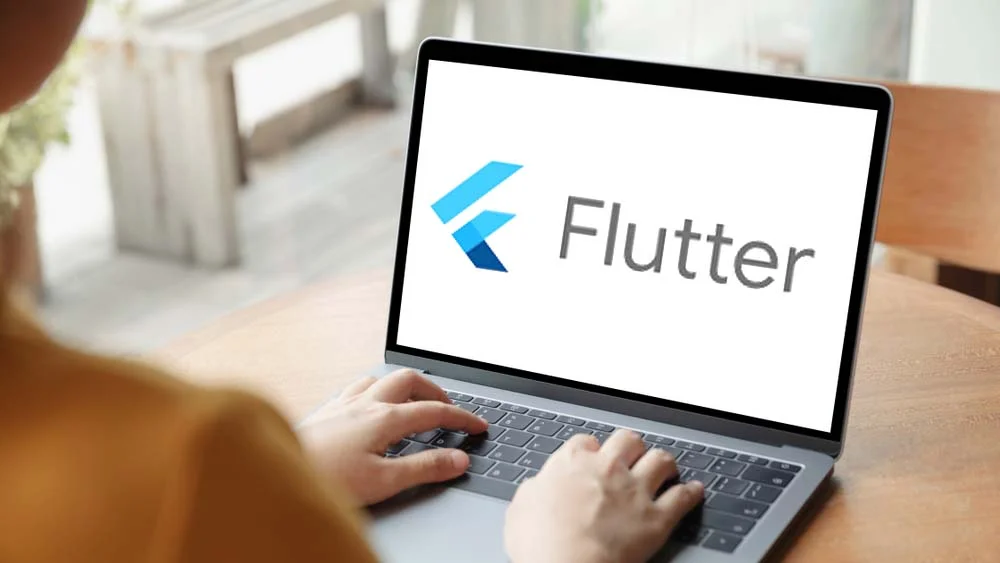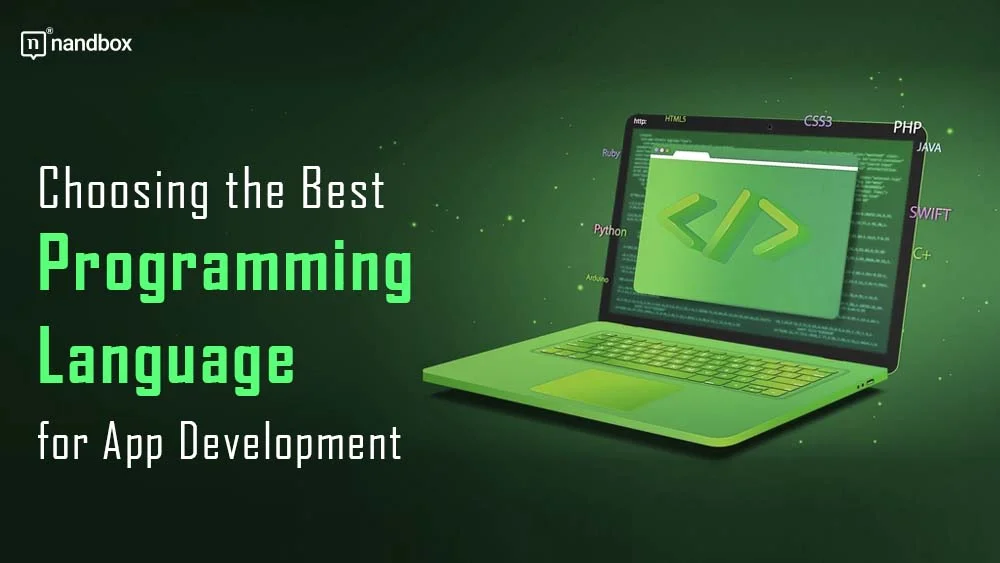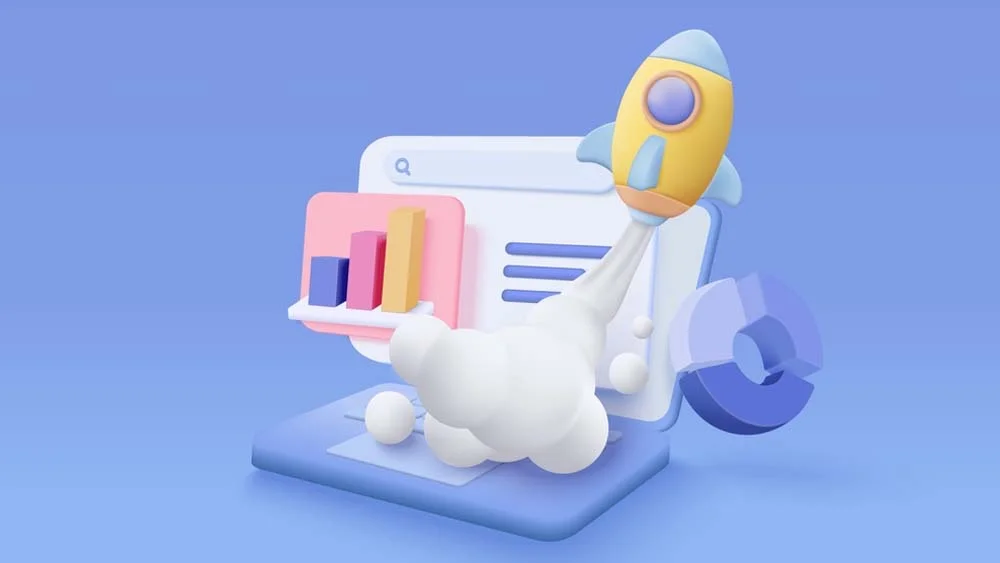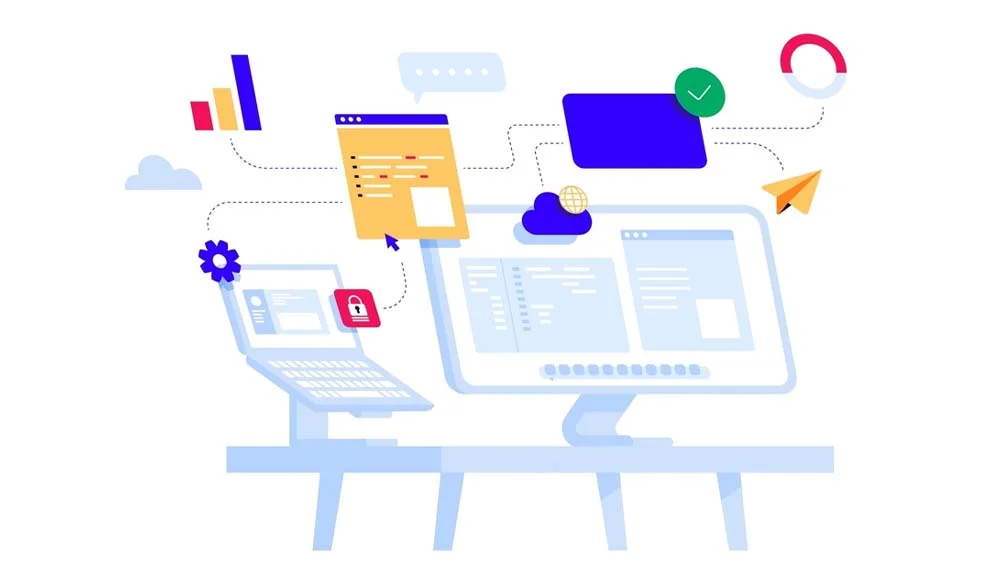A Beginner’s Tutorial: Selecting the Perfect Programming Language for App Development
An essential building block that may either take your project to the next level or throw you an unexpected obstacle is the programming language you choose. Choosing the correct programming language for your app among the plethora of options available can be a challenge since each language has its own set of advantages and uses. Whether you’re a professional or just starting, it can still be a great dilemma. This article will help you make sense of all the choices and find the best programming language for app development in today’s digital age. Join us as we dissect different languages, looking at their advantages as well as the setting in which they excel.
What Are Programming Languages and How Do They Work?
Let us start this article by answering the most common question: What are programming languages? For non-developers and people who know nothing about the whole process, this question can be a maze, given the many details and information associated with it. For that, we will try to be as brief and simple as possible. Programming languages are the building blocks of any application. They are the main tools that developers use to craft an application from A to Z. More professionally, they are a set of commands and orders that a developer would use to get the application to execute a certain function or action. Understanding the most in-demand programming languages can help developers choose the right tools that match their project goals and industry trends.
How Do They Work
Now, a more important question may come to anyone’s mind: how do these programming languages work? As much as this seems like a very difficult process to explain, it is actually somewhat of an easy one. So, let us further explore it.
The process of how programming languages work starts with writing the code. Developers start a lengthy process of writing lines of code for the whole application or software, which is a very important step of the app development process. These lines of code include the actions and features that developers would mainly include. The next step would be compiling these lines of code. Remember that machines wouldn’t understand the commands that developers would write in any programming language. This is why compilers appear in pictures and help translate these lines into binary codes of 1 and zeros that machines can comprehend. Each programming language has a special compiler that can only translate this language.
After compiling the code, developers run a necessary analysis to check and validate the structure of the code and whether or not it makes sense. Optimization and generation are next in line. Optimization is the process of improving the code’s efficiency to perform optimally and effectively and generation is producing the final version of the commands that the app would run.
A developer would then start running and executing the lines of code that would make up the whole application to allow the program to read and follow each line.
Main Types of Programming Languages
Programming languages are a never-ending ocean that is always full of information and things to learn. Many people might not know but there is a handful of types of programming languages. Let’s explore a few!
Procedural Programming Languages
When it comes to solving problems, procedural programming languages are like a train with steps. Applications in these languages are essentially broken into smaller, more manageable pieces, called procedures or routines, that perform defined functions. To name a few, C and Pascal are all procedural languages. Tasks where the order of operations is critical, such as mathematical calculations or programming at the system level, are good fits for them.
Procedural languages make code easier to comprehend, organize, and maintain by organizing applications into functions or procedures. Some applications may require more expressiveness or flexibility from alternative languages.
Scripting Languages
A scripting programming language’s focus is on simplicity, speed, and convenience of use, and it is more commonly comprehended than compiled. Python and JavaScript are two well-known examples. Because of their adaptability, scripting languages find widespread application in web app development, prototyping, and task automation. This language includes features such as high-level abstractions and simplicity that make complicated processes easier to understand, as well as elements with typing capabilities. This lets them change types during runtime, which is common in these languages.
Best Programming Language for Native App Development
Swift
The first native programming language we are going to discuss is Swift. Swift is one of the most important programming languages that is used mainly for iOS app development. This programming language adheres to the iOS requirements and guidelines, which is why it is known for the high performance that all iOS users are familiar with. Apple introduced it in 2014 to give iOS developers a more seamless app development process. Swift is also known for its advanced and powerful security protocols and measures, which are necessary for any iOS app. This allows developers to enjoy a secure and hassle-free app development process
Kotlin
Since we have covered iOS, it is time to talk about Android app development. Kotlin is one of the best programming languages used for Android app development. Many Android developers have favored it since its introduction in 2011. Kotlin is best known for its compatibility with other languages, like Java. A developer can mix and match easily due to Kotlin’s highly compatible nature. Another advantage of Kotlin is its concise and brief language. This means that you don’t need to write many lines of code to execute one order or command. It can be done easily without needing unnecessary lines of code that can cause code clutter.
Best Programming Language for Web App Development
PHP
We will start using the best programming languages for web development with the renewed PHP. PHP is one of the most used programming languages for building web apps. Popular platforms, like WordPress, use it. This language is very simple and easy to learn, so a developer would not need much time to understand and start using PHP. PHP has another advantage, which is cross-platform development. By using PHP, a developer can create a web app that works across different devices and systems. Lastly, PHP is known for its ultimate scalability, as it can run a large number of users at high levels of usage.
Ruby
Another web development gem (literally) is Ruby. Ruby is a very important programming language for web app development and is also one of the oldest, dating back to 1995. This programming language is always easy to learn and eliminates any chances of frustration when it comes to the app development process. Ruby is associated with Ruby on Rails, which is a famous framework that is based on the programming language. This framework makes matters even easier for developers, as it contains everything they need to create functional and unique web apps.
Best Programming Language for Hybrid App Development
Flutter

Flutter is one of the best ways developers can create hybrid apps. Although it is more of a framework than a programming language, developers can completely rely on Flutter when creating hybrid apps that work on multiple OSes. One of the best advantages of Flutter is that developers would use only one single codebase for all multiple versions of the application. This means that the app would work on iOS and Android with only one single codebase. The performance of apps made using Flutter is also one of a kind and results in a seamless and swift user experience.
Ionic
Ionic is also one of the best programming languages for hybrid app development. It is the same case as Flutter: more of a framework and less of a programming language. However, it has a lot that makes the process of app development as easy as pie for app developers. One of the top advantages of Ionic is its ability to create appealing and unique UIs. With a rich library of UI components, it allows developers to design and customize a UI that elevates the whole user experience and takes it to the next level.
Benefits of Choosing the Best Programming Language for App Development
Performance Optimization
Any application that wants to be successful must work at its peak. Development teams can take advantage of features that leverage performance, including low-level memory management, by using the correct programming language. Languages with extensive authority over system resources are well-suited to resource-consuming applications, such as gaming apps.
Developer Productivity
The availability of strong programming languages and how simple it is to build have a significant impact on how productive developers are. Languages that have a short structure, a large library, and a supportive community can make development go by faster. For instance, Python stands out because of its focus on readability and its ability to facilitate rapid development cycles by allowing developers to accomplish greater things in a short time.
Adaptability to Project Requirements
The ideal programming language is the one that fits your application’s unique requirements since every project has its own unique set of criteria. For instance, some languages can have an abundance of analytical libraries, which makes them a good strategic choice if your project requires data handling. Efficiency and code readability can be improved by adapting the programming language to the project’s main objective.
The No-Programming Language App Development: Is It a Thing?
Now let us discuss a very important question. Is there a thing called creating an app without a programming language? Well, if we had had this conversation a couple of years ago, I would have started saying that this is impossible, as coding is the core stage of any app development process and there is no such thing as creating an app or software without programming or coding. However, since we are in the age of novel technological advancements, it is very much possible. The emergence of new development methods that encourage no programming in app development has created a huge movement. This is called the no-code movement, which a large number of industries rely on, like e-commerce.
Platforms like the nandbox app builder allow individuals to create a fully functional app without needing to write a single line of code. How is that? This is because the platform includes pre-built and configured features that he can include instantly. For instance, nandbox is known for the one-of-a-kind mStore feature that allows users to create the best e-commerce app. So, if they want to build an e-commerce app, all they have to do is add their products and customize the store and they are good to go.
No-Code is the new no-programming language that developers turn to, given the many capabilities and advantages that it offers. Join the new movement of empowering all individuals to create apps and go through the exciting app development process with nandbox. Sign up for the nandbox app builder and enjoy all the platform’s capabilities completely for free





